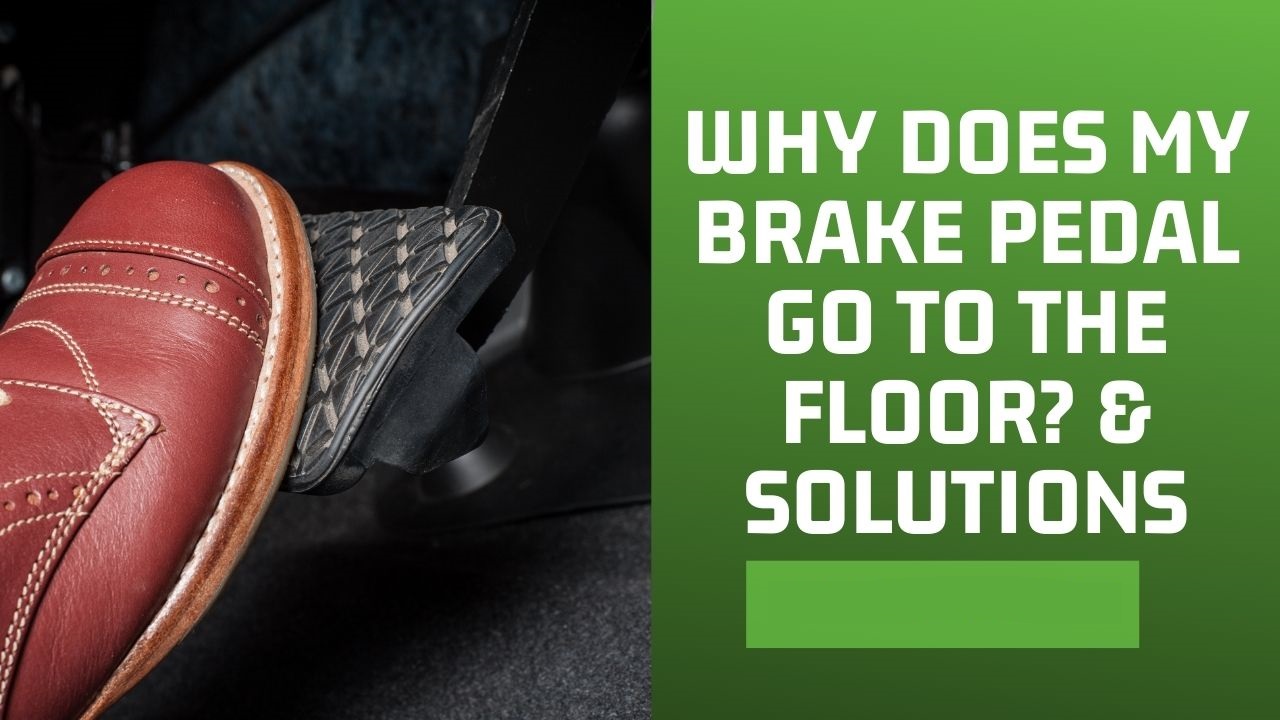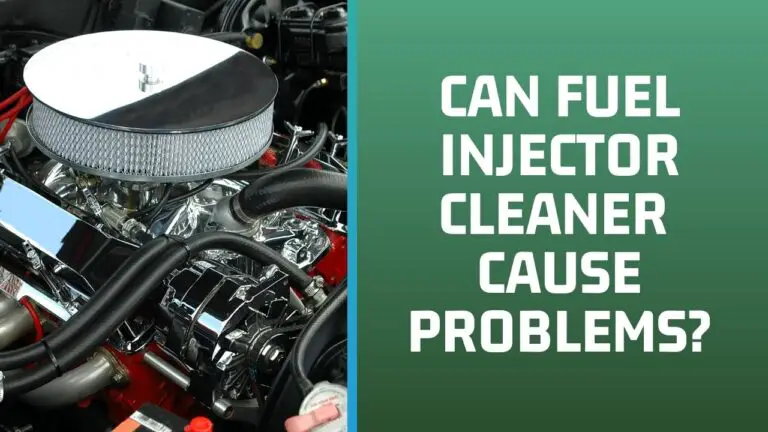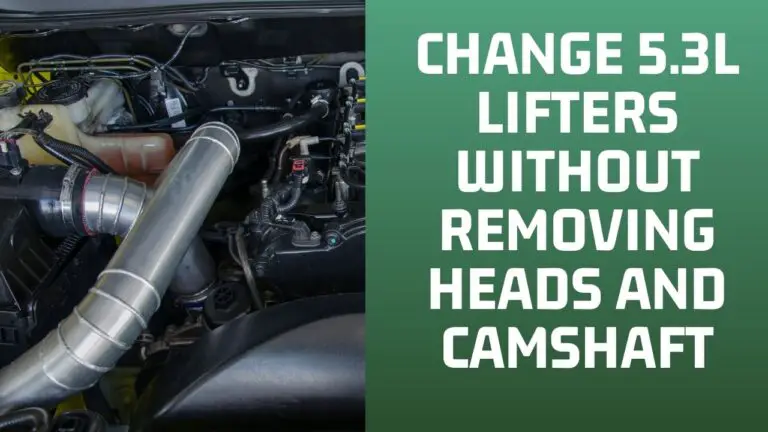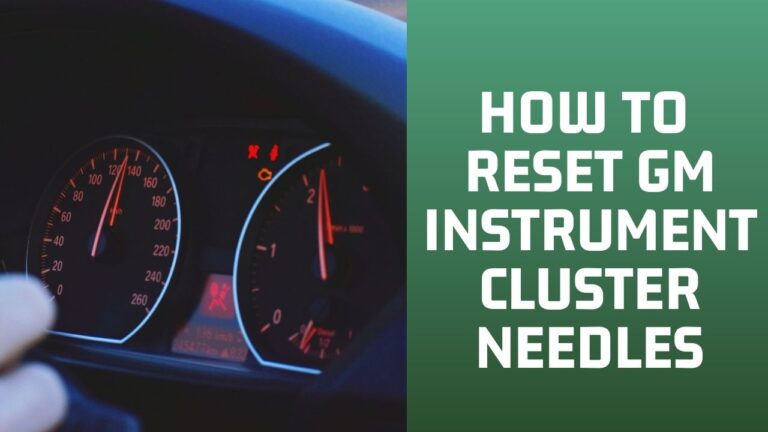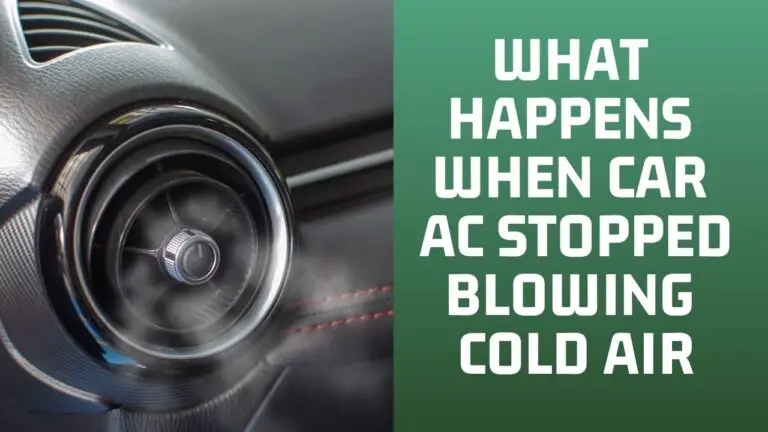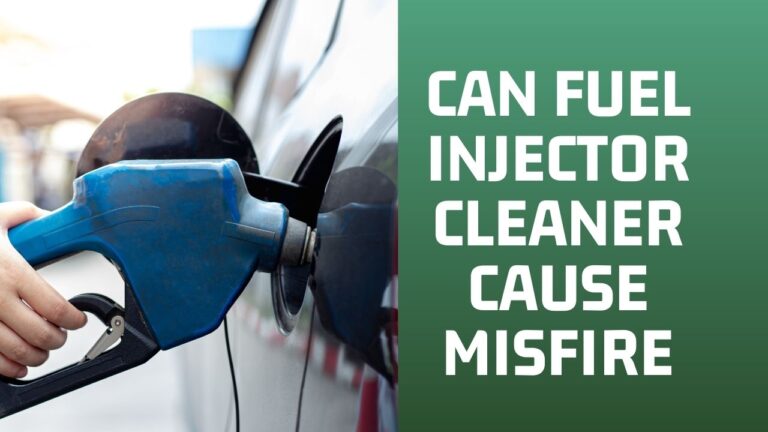It could be the result of any number of factors, ranging from a clogged vent tube to faulty calipers or even bad breaks themselves, so it’s important to identify the source of the problem quickly and ensure that you don’t make things worse while trying to solve it.
When driving my car, my brake pedal feels like it’s going to the floor!
Why does this happen? It’s fairly common, and there are several possible causes of this problem.
Let’s take a look at some of the most common reasons your brake pedal goes to the floor while you drive, and how you can fix it if your brake pedal goes to the floor on its own when you drive down the road.
What Causes Spongy Brakes?
There are several reasons why your brake pedal might be spongy, soft, or squishy.
If you’re braking and it feels like you’re not getting much response from your brake pedal, here are some common causes a leak in your hydraulic line can cause your brakes to feel soft or spongy.
This is often accompanied by a hissing sound when you press down on the brake pedal.
A leak in any part of your braking system will cause you to lose fluid and eventually have to bleed out all that air that got into your system when it was leaking.
It’s important to get those leaks fixed as soon as possible because if too much air gets into your system, you won’t be able to stop at all!
If there is no visible leak, but your brakes still feel soft or spongy, there may be an internal leak in one of your brake components.
It could be anything from a faulty caliper piston seal to a crack in one of your brake hoses.
Why is my Brake Pedal Soft?
Most drivers experience a soft brake pedal at one time or another.
This can mean there’s air in your brake lines, which is often due to a leak from one of your wheel cylinders.
This problem can usually be solved by bleeding your brakes (and you should always check to make sure that’s all it is).
Soft pedal problems also indicate that something might be wrong with your master cylinder, and they could mean that you have low fluid in your reservoir. Always stay on top of these issues!
- Brake Pedal Goes to Floor: If your brake pedal goes to the floor when you apply pressure, it means that either your booster has failed or there’s an issue with your master cylinder.
Both parts can fail, but if you suspect only one part has gone bad, have a professional mechanic diagnose which part needs replacing.

Why Do I Have To Press So Hard On My Brakes?
Your brake pedal may feel hard to press or go all of the ways to the floor when you step on it.
In most cases, there are a few different possible reasons for these two issues, but one is more likely than the others.
First, your brake fluid level could be low and need to be topped off. This can cause a loss in braking power and make it harder to stop.
If your brakes have been squeaking lately, that’s another sign that they might need some fresh fluid added.
A squealing sound usually means that there’s air in your lines—which can also cause poor braking performance.
Finally, if you hear grinding noises when pressing down on your brakes, then you probably have some sort of mechanical issue with them—which needs to be addressed by a professional mechanic immediately.
Will Brake Pedal Sink When You Start The Engine?
If you ever find yourself with your brake pedal going to the floor, there’s a good chance that it might be because of a stuck caliper.
This is especially true if you have a manual transmission. A stuck caliper causes air pressure in your braking system to drop, causing your brake pedal to go all of the ways down. Here’s what you need to know about unsticking your brake calipers.
The Symptoms include:
A major symptom of a stuck caliper is when your brake pedal goes all of the ways to the floor and then becomes extremely difficult to push back up.
When your brakes start sticking, you should pull over immediately and investigate why they are sticking.

What Causes Stuck Calipers?
Several things can cause your brakes to stick.
One of these reasons is corrosion on your brake rotors or drums. If rust builds upon these parts, it will make them much harder for your caliper pistons to compress against, which will result in a very hard-to-use brake pedal.
Another reason for a stuck caliper is due to low fluid levels inside of your car’s braking system.
Why Does My Brake Pedal Go To The Floor?
It could be the result of any number of factors, ranging from a clogged vent tube to faulty calipers or even bad breaks themselves, so it’s important to identify the source of the problem quickly and ensure that you don’t make things worse while trying to solve it.
When driving my car, my brake pedal feels like it’s going to the floor! Why does this happen? It’s fairly common, and there are several possible causes of this problem.
Let’s take a look at some of the most common reasons your brake pedal goes to the floor while you drive, and how you can fix it if your brake pedal goes to the floor on its own when you drive down the road.
-
Brake Pedal Goes to Floor but No Leaks, What to Do
If your brake pedal goes to the floor, but you don’t have any leaks, there are a few things you can do.
Check that you have good tires with lots of treads; if they are bald or have low tread wear, they could be causing your brake pedal to go to the floor. It is also possible that you may need new brakes.
Your brakes will need to be replaced every 30-40 thousand miles depending on how much driving you do.
Make sure all four wheels are in alignment and check for any loose parts such as calipers and rotors. Finally, make sure nothing is stuck in your brake lines such as a screw or other debris that may cause your brakes to work improperly.
In many cases, it’s necessary to perform an inspection of your vehicle’s braking system.
This is because one symptom alone doesn’t necessarily indicate that there’s a problem with your brakes, which can become very expensive if not fixed properly.
Inspections should include checking each wheel’s backspacing (the distance between its outer edge and its hub), toe (the degree to which it tilts in or out), camber (how far it tilts toward either side), and tire condition.
-
Brake Pedal Goes to Floor but Fluid Is Full, What to do
Before you panic, it’s important to rule out some simple fixes.
First, make sure your driver’s side floor mat isn’t interfering with your brake pedal.
Then check to see if you have low brake fluid.
If you don’t, pull over and fill up on fluid; when finished (before re-mounting), make sure your pedal has returned to its rightful place. Still not fixed?
Take a look at your master cylinder for leaks.
If there are none, then move on to more serious causes such as air in your lines or a bad caliper.
But before you do that, call a tow truck—you shouldn’t drive in a vehicle that can put you in danger like that.
And keep an eye out for puddles of oil under your car—it could be a sign of something even worse.
When all else fails, head to your local repair shop.
ALSO SEE: What Happens When Car AC Stopped Blowing Cold Air?
Can Abs Cause Brake Pedal Go To The Floor?
Yes! A leak in your car’s antilock brake system (ABS) unit cold causes your brake pedal to sink to the floor. You should park and call a mechanic as soon as you suspect there is a problem with your braking system based on the above-mentioned signs, don’t ignore the problem and continue driving.
Can Abs Cause Brake Pedal Go To The Floor?
Your abs are one of your strongest muscles, but they can also be a source of unwanted pain.
Muscle tension in your abs can cause back pain, neck pain, and more.
One way to help relieve these symptoms is by stretching out your abs before you exercise.
Stretching gives you better flexibility and lessens muscle tension.
But when it comes to brake pedals going to the floor, it’s not always a case of how many sit-ups you’ve done!
When you press on your brakes, there should be resistance at first as you press down.
If there isn’t any resistance at all or if it feels like your foot is pushing through a pile of jelly, then something might be wrong with your brakes.
Why Does My Brake Pedal Go To The Floor After Changing Pads?
Your brakes work by using a caliper, which contains a set of pads that press against your brake rotor.
When you step on your brake pedal, hydraulic pressure pushes these pads out against your rotor, bringing your car to a stop.
If you feel like your car takes longer to stop after changing or replacing pads and rotors on one side of the vehicle, it may be because you did not properly bleed air from them.
This is an easy fix! Simply open up your master cylinder reservoir cap (located near your brake pedal) and pump in some fresh fluid.
This will push any remaining air out of your system and allow for smooth braking again.
To do so, use a clear hose with both ends removed.
Attach one end of the hose to your bleeder valve and place it over a container of clean brake fluid.
Next, attach another clear hose to your opposite bleeder valve and fill it with clean brake fluid as well.
Why Does My Brake Pedal Go To The Floor After Bleeding?
Your brakes may feel spongy or soft after bleeding.
This can often be a sign that air is still trapped in your brake system.
A quick test to determine if you have any remaining air bubbles is to use a piece of clear tubing and place it over your bleeder valve, then push down on your brake pedal.
When you release, you should see bubbles coming out of your tubing (which means there’s still air left in there). Continue to bleed until no more bubbles are present.
- How Do I Know If I Need New Pads? If your vehicle has been sitting for an extended period without being driven, it’s possible that your pads could be contaminated with rust or other contaminants.
It’s always best to replace them when you first notice a problem with braking performance.
However, if they do need replacing, signs include squealing while braking and fading during long stops.
- What Are Warped Rotors And Why Are They Dangerous?
Warped rotors refer to rotors that have become warped due to excessive heat.
This causes them to rub against your brake pads unevenly, which creates metal shavings instead of stopping your car like normal.
These metal shavings can get caught up in your tires and cause serious damage as well as pose a safety hazard.
If you suspect warping, contact us right away so we can inspect your vehicle right away!
Brake Pedal Hard When Car Is Off Then Soft When The Car Is On, Why?
It’s common for brake pedals to be a little harder when your car is off and soft when it’s on.
This is because when you turn your ignition key, it sends a powerful signal to your brake booster, which supplies additional air pressure for stopping.
As soon as you press down on your pedal, you send that extra power right back into your brakes. Because of its extra springiness, it often takes two to three pumps to get enough force to slow down or stop.
That being said, if your brake pedal feels like it’s going to collapse under your foot every time you step on it, then there might be an issue with your master cylinder.
If you suspect something like that might be going on, have a mechanic take a look at it—it could save you from having an accident.
Why Does My Brake Pedal Go To The Floor After Changing Caliper?
Your brake pedal going to the floor after changing calipers is usually an indication that your brake piston seals are leaking.
Brake piston seals are rubber rings that surround and compress your brake pistons.
If a seal leaks, it will create air pressure on one side of your brake system, causing it to lose effectiveness.
This is extremely dangerous, as you can lose almost all braking ability in a matter of seconds. Repairing or replacing these seals immediately is critical to safety!
How Do I Know if I Need New Caliper Seals? There are several signs that you need new caliper seals.
First, if your brakes feel soft or spongy when you press down on them, there’s a good chance they’re leaking.
Additionally, if there’s fluid pooling around your brakes when they’re not engaged, it could be an indicator of leaky seals.
Finally, if your brake pedal goes to the floor while driving, you should check for leaks right away.
What Can I Do About Leaky Caliper Seals? Replacing leaking caliper seals is relatively easy and inexpensive.
However, you should always consult with a professional before attempting any repairs yourself—brakes are extremely important safety features, so never take chances with them!
A professional mechanic will be able to tell whether or not your car needs new seals by inspecting your existing ones for cracks or other damage.
Why Does My Brake Pedal Go To The Floor Before Stopping?
Some drivers experience difficulty stopping because of a problem in their braking system.
If your brake pedal goes to the floor and doesn’t stop or slows down before you reach a complete stop, it could be that your vehicle is equipped with an Anti-Lock Braking System (ABS).
ABS prevents your wheels from locking during hard braking by pulsing each wheel, making it turn against itself at intervals of about 60 times per second.
This process helps your car maintain steering control while preventing skidding and loss of traction on wet surfaces. However, if there is a malfunction in your ABS, you may feel like your brakes aren’t working properly when they are functioning correctly, but only partially so.
Your car will still slow down but not as quickly as usual. If you notice any of these symptoms, have your vehicle checked out immediately by a professional mechanic to avoid further damage to your tires and rims.
Is It Bad If Your Brake Pedal Goes To The Floor?
At first glance, you might think that there’s something wrong with your car if your brake pedal goes to the floor.
This can be alarming for many drivers, but it’s not as uncommon as you might think.
Many cars (especially those manufactured before 2004) are equipped with a low fluid sensor. This sensor is designed to alert drivers if there is not enough brake fluid in their brake systems, helping prevent catastrophic failure of their vehicles.
Sinking Brake Pedal Troubleshooting
What’s wrong with My Car? It’s easy to panic when your brake pedal feels like it’s going all the way to the floor. This can be caused by several things, so before you jump to conclusions, take a few minutes and investigate what might be causing your sinking brake pedal troubles.
Is it related to one of these common causes or something more serious? Let’s find out!
- 1: Shoes: There is a chance that you are simply wearing shoes that are too thin for driving. While most drivers have become accustomed to barefoot driving, many still prefer to wear comfortable athletic shoes in their vehicles. These types of shoes offer little support for your foot.
which could easily result in flooring your vehicle if pressure is applied directly against your brake pedal.
If you feel that your shoe choice may be affecting your braking ability, consider changing into a pair of thicker-soled shoes while driving.
- 2: Old Brakes: If you haven’t had your brakes checked recently, there is a good chance they need replacing. Age and use will degrade any part over time; brakes are no exception.

